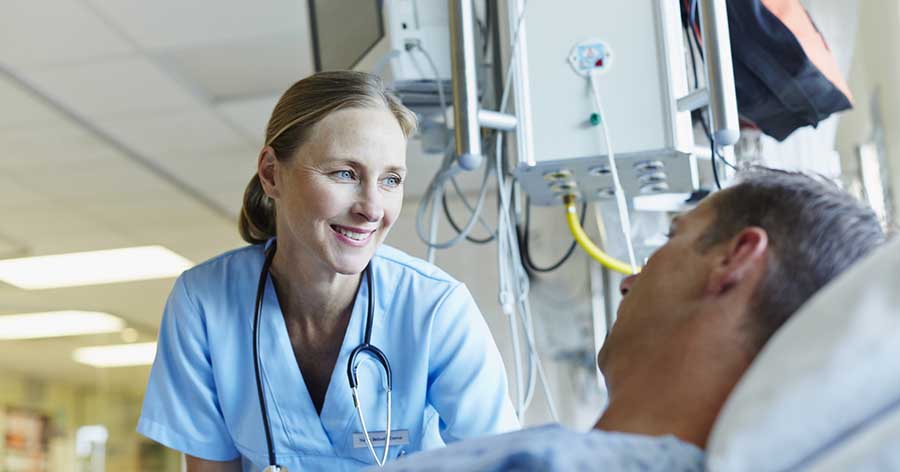So much has changed in the world since my last editorial! I am sure all of us have had to face real challenges in our working life. These will have ranged from having whole teams redeployed to other services, managing high-risk patient groups face to face with possible COVID-19, through to rapidly redesigning services using technology to support us in continuing any form of diabetes review. But we have managed to do this in record time and with huge positivity. I have spoken with many colleagues, from around the country and from across the disciplines, all of whom have risen to the challenge of COVID-19.
So much teaching, training, education and consultations are now taking place via “Teams”, “Zoom” and “Attend Anywhere”, to name but a few platforms, with the most amazing training packages being developed. It has been inspirational to see, and it is truly an honour to be a part of the NHS in such times.
We at the Journal have been quick to move too, producing a factsheet and an online resource centre on COVID-19 and diabetes in the early days of the lockdown. In addition to this, we have more recently published a how-to guide on switching to once-daily insulin in people with type 2 diabetes. It is hoped that, by re-evaluating the insulin regimens of people in care and residential homes and those who require district nursing visits for insulin administration, we will be able to reduce contact, and therefore the risk of contamination, in these at-risk groups, whilst also addressing the current increase in demand for community nursing services.
Looking to the future
Who knows how long this lockdown will last and what kind of new normality we will return to, but I do hope that some learning comes from this to show how inventive we can be so quickly when we have to. I am sure the use of technology for training and education will remain much more widespread than it was before. It would be a real positive too if, once out of this awful situation, we could continue to offer alternative solutions for reviewing our patients with diabetes and embracing what technology can offer us.
My remaining concern is for the long-term emotional effects this is going to have on us all, from those who face the incredibly challenging environment of the COVID intensive care unit to those dealing with the increased challenges in our care home/community population. Those who have had to redeploy from the role that they knew to face new challenges, those who have faced the concern of bringing possible infection risk home to their families, those who have taken the choice to self-isolate away from loved ones to reduce that risk and, especially, those who have lost close friends and family members. I hope that, once this initial crisis is over, the support will be there for all to deal with the inevitable mental health toll this will take. In the meantime, we can at least offer readers the set of tips, adapted from World Health Organization advice, contained in our factsheet for healthcare professionals on looking after their mental health.
Before I close, and to finish on a more upbeat topic, I wish to extend my huge congratulations to Gerry Rayman, who has been honoured with an MBE for services to diabetes. I have been fortunate enough to know Gerry well and to serve on several committees with him, and I can say he is truly an inspiration. Well done, Gerry, for this greatly deserved honour!
Take care and stay safe, and of course keep washing those hands!




Study provides new clues to why this condition is more aggressive in young children.
14 Nov 2025